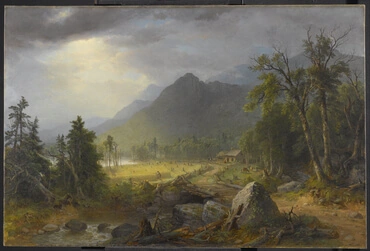First

In some casual references “first” has a pretty literal meaning, as the beginning of a group; on a deeper level the “first” represents the entire group. In connection with measurements of time -- days, months, hours etc. -- it means the beginning of a new spiritual state. It is also used in connection with the Lord, who is the “first” of all existence, because everything is a product of His love. “First” is perhaps most commonly used, however, to represent what people love and desire, because what we love and desire is “first” in us, with our thoughts and intellect following. If we love people around us and desire to serve them, our ideas will follow and find ways to do it. It does not, however, work the other way around -- having ideas of how to be good won't mean anything if we lack the desire to be good. Our loves, then, contain the key elements of all that we are.
Give

Like other common verbs, the meaning of "give" in the Bible is affected by context: who is giving what to whom? In general, though, giving relates to the fact that the Lord provides us all with true teachings for our minds and desires for good in our hearts, and for the fact that we need to accept those gifts while acknowledging that they come from the Lord, and not from ourselves. One of the most common and significant uses of "give" in the Bible is the repeated statement that the Lord had given the land of Canaan to the people of Israel. This springs from the fact that Canaan represents heaven, and illustrates that the Lord created us all for heaven and will give us heaven if we will accept the gift.






